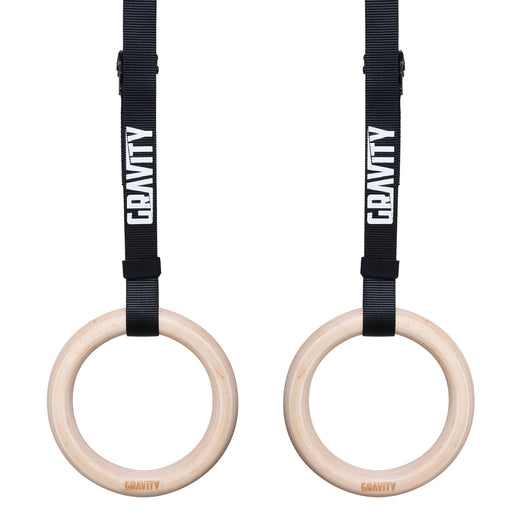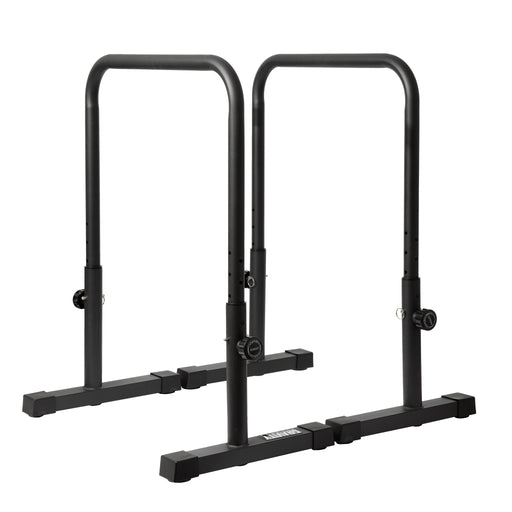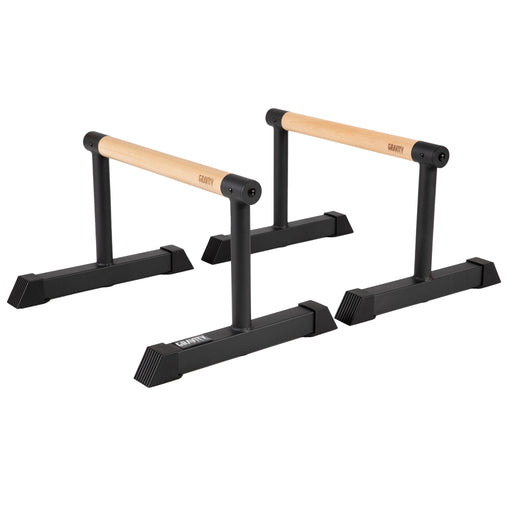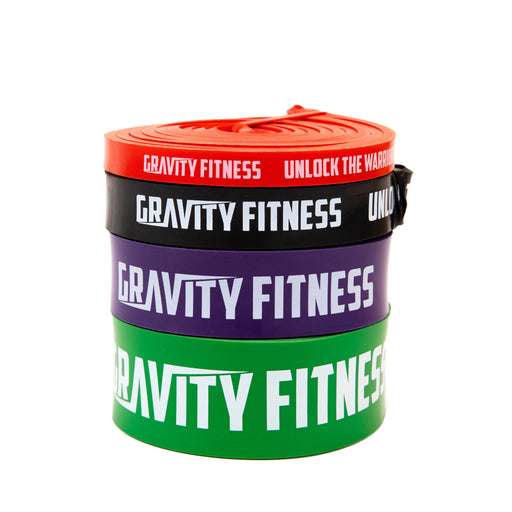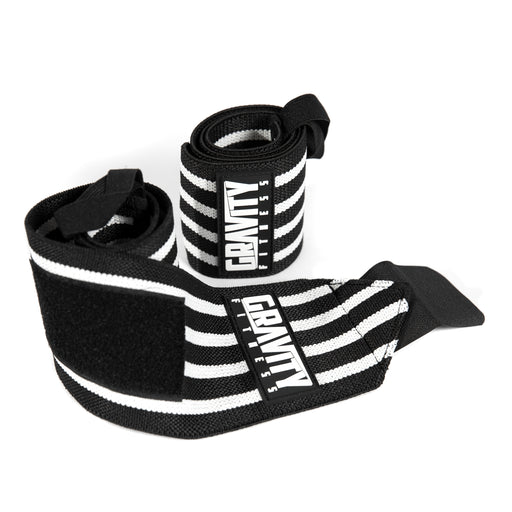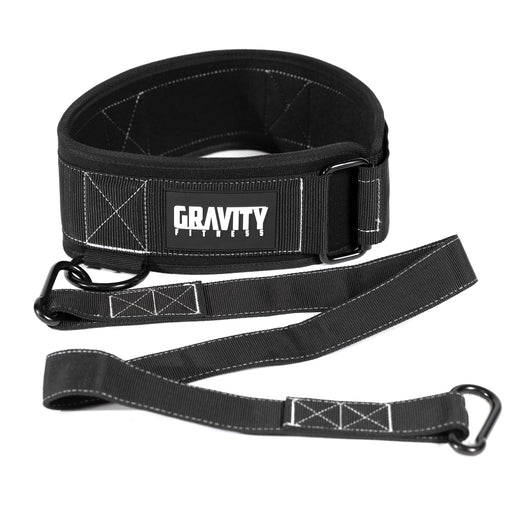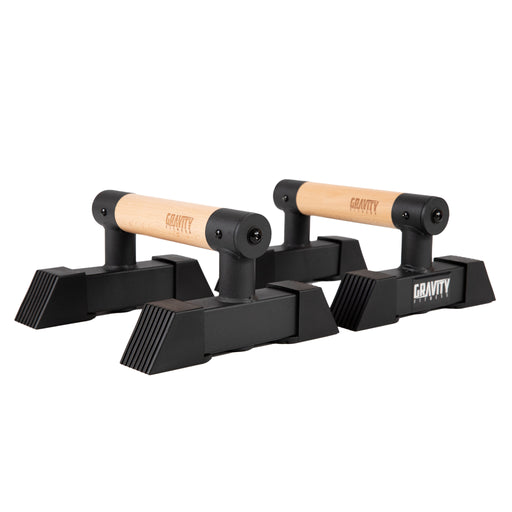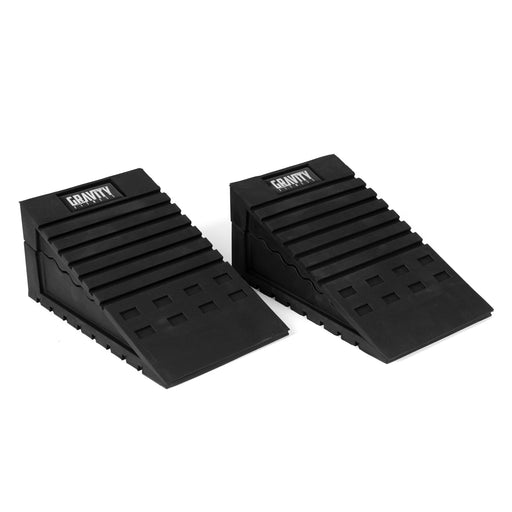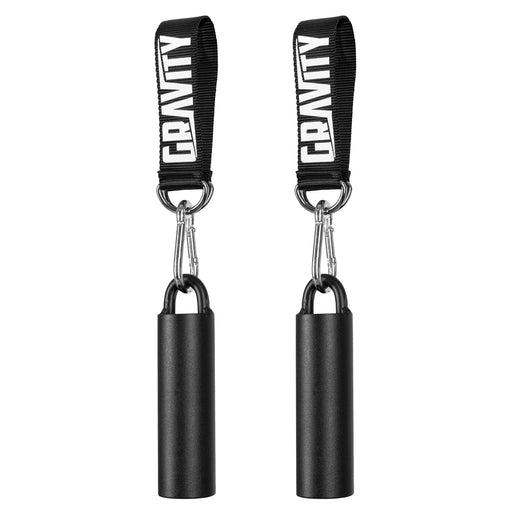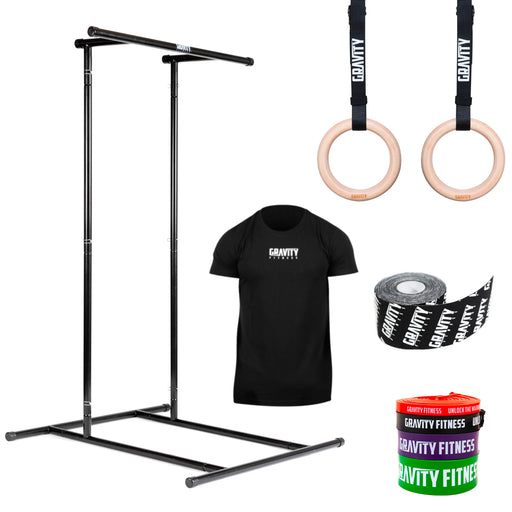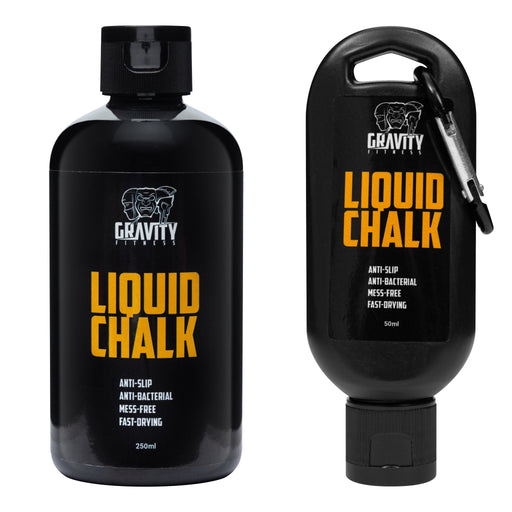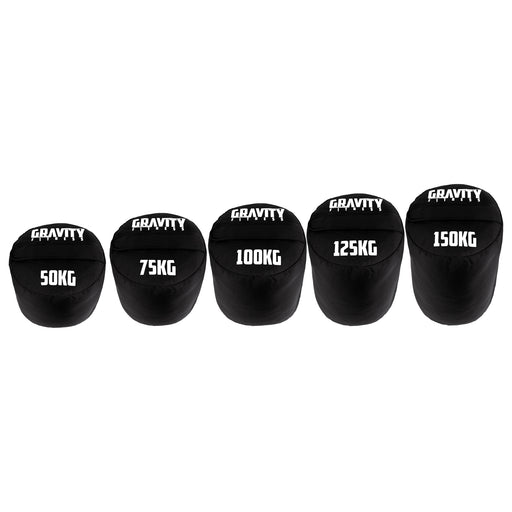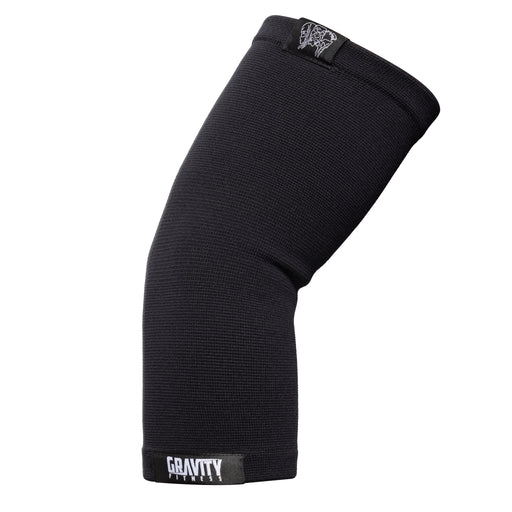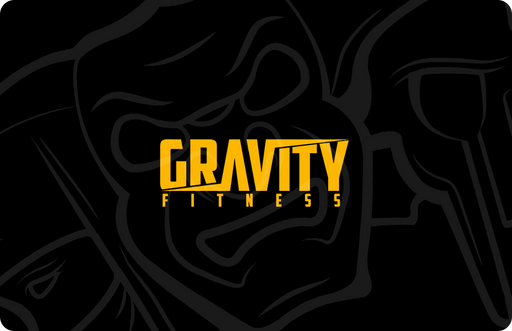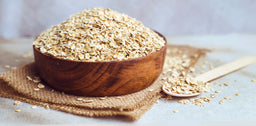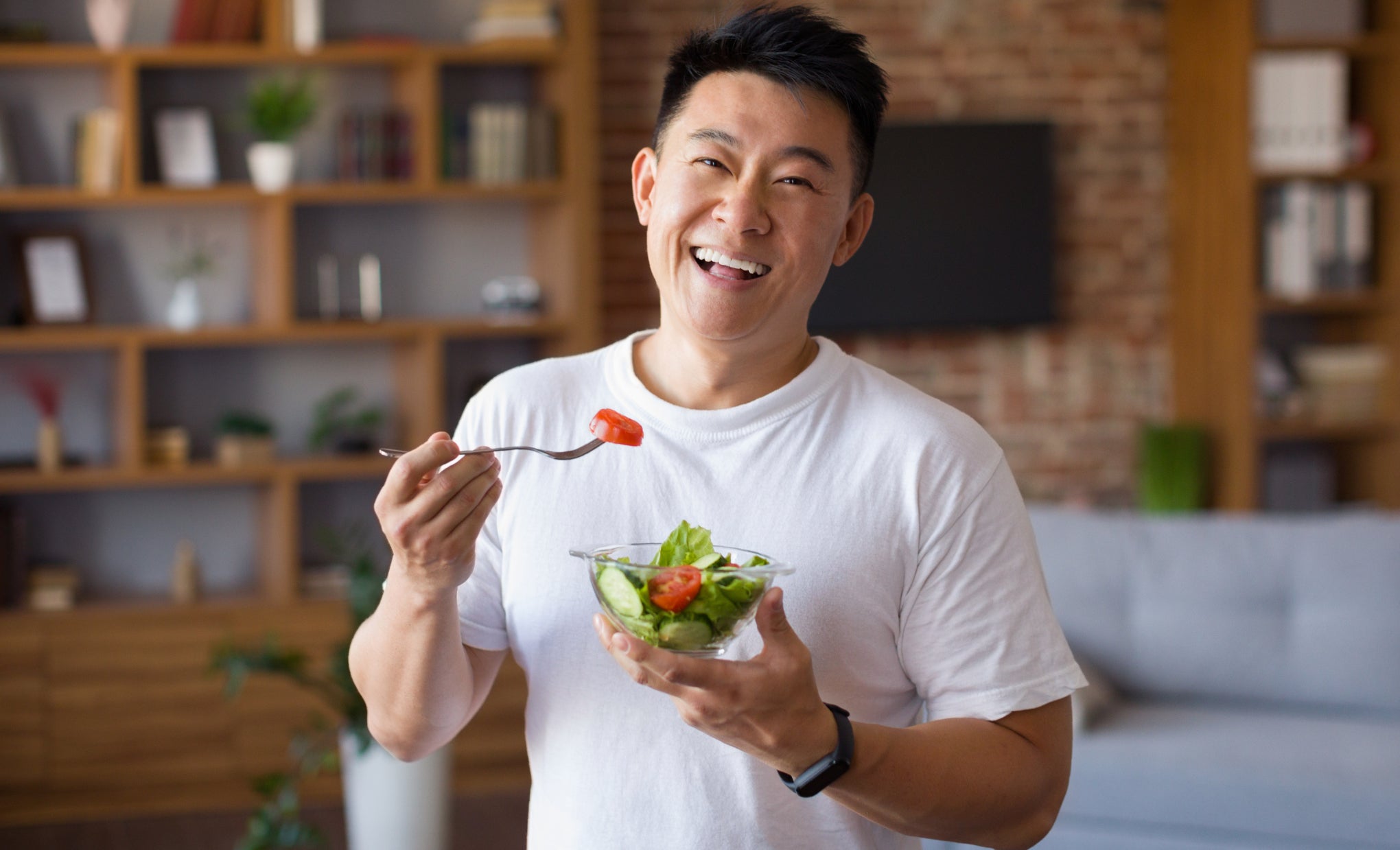
Social media nutrition advice - debunked
Nutrition can be a minefield. Throw social media into the mix and it’s no wonder we’re confused by big claims and conflicting information. Let’s call out some of the craziest social media nutrition claims to debunk the misinformation.
Is social media a good source of nutrition advice?
In a word: no. There are some great dieticians and nutritionists on social media. But for every qualified expert, there are several influencers or self-proclaimed guru (often trying to sell a cure or coaching programme).
A 2024 study commissioned by tracking tool myfitnesspal with Dublin City University found that only 2.1% of diet and nutrition content on TikTok is accurate. The remaining 97.9% “was either inaccurate, partially accurate, or classified as uncertain due to ambiguity, lack of evidence, or evolving research”.
4 red flags for nutrition myths on social media
- Dodgy credentials – make sure the person giving the advice is a medical professional, registered dietician, or qualified nutritionist
- What’s in it for them – is the person giving the advice or making the claims selling something or directing you to a product link?
- Fast fad – has this claim seemingly come out of nowhere and gained a lot of traction quickly? Nutrition facts stick around.
- Echo chamber – are you seeing the same claim or advice talked about by a lot of influencers (but not by more established, qualified experts)?
How to find nutrition advice you can trust
Social media can be a good source of sensible, tried-and-tested nutrition advice. You just need to spend a bit longer outside of the algorithm to find trustworthy sources.
Get into the habit of cross-checking content so you’re not relying on a single source. If studies are cited, look them up on pubmed or Google scholar and read them properly (not just the intro). If something sounds sensationalised or faddy, it probably is. It’s always worth digging a little deeper and getting another opinion.
Remember, wellness is big picture. It means being able to eat without anxiety, and enjoy your life as a whole without over-thinking every meal.
Social media nutrition claim – The Carnivore Diet for health and fat loss
The Carnivore Diet makes for great social media nutrition content. It’s polarising, makes some huge claims, and involves cutting lots of foods out. But the Carnivore Diet is restrictive and lacks essential nutrients found in a more balanced diet (fibre, anyone?) Yes, it has a lot of protein, but we don’t need that much. What we do need is a variety of nutrients from different food sources – including fruit, veg, and other plant foods.
Social media nutrition claim – seed oils are the devil
There's a growing trend on social media demonising seed oils. But this fear-mongering is unfounded. There’s no science to back up the seed oil drama. Seed oils are rich in polyunsaturated fats, which are beneficial for heart health. Just use them in moderation and as part of a varied diet.
Social media nutrition claim – soy foods mess with your hormones
A common myth is that soy foods can disrupt hormone balance due to their phytoestrogen content. And any claim with the word ‘hormones’ in it sends some men and women into a spiral of panic. But phytoestrogen isn’t the same as oestrogen, and research shows that moderate consumption of soy doesn’t affect hormone levels in a way that is harmful to human health. In fact, soy foods like edamame beans and tofu can be a nutritious addition of plant protein offering benefits like improved heart health,
Social media nutrition claim – never eat anything processed
The "clean eating" trend refuses to diet. And whilst of course it’s great to eat whole foods, there’s no need to completely avoid anything processed. Eating a moderate amount of processed food as part of a generally healthy diet is fine – and will probably be good for your social health. Balance is really important, so enjoy mostly whole foods while understanding that processed food isn’t inherently harmful.
Social media nutrition claim – avoid ingredients you can’t pronounce
This myth suggests that any ingredient with a long, complicated name is bad for you. In reality, this is a meaningless claim. Even natural ingredients have scientific names (cyanocobalamin sounds scary, but it’s just vitamin B12). The length or complexity of an ingredient’s name says nothing about its safety or nutritional value.
Social media nutrition claim – this one magic ingredient…
It’s a talk as old as time. Influential person claims to have found the cure for something, and it’s a very specific ingredient (that they just happen to gatekeep). Plenty of things fall under this myth, from apple cider vinegar to coconut oil. If something sounds extreme yet simplistic (and claims to be one-size-fits-all), do your own research. Don’t take claims like this at face value.
Is a balanced diet really best?
Nutrition doesn’t have to belong to a tribe or have a label. As with most things in life, the most sensible approach is balance. But even balance will look different for everyone. Find a way of eating that gives you all the macronutrients (protein, carbohydrates, dietary fats), and macronutrients (fibre, vitamins, minerals). Don’t panic about every meal being perfectly balanced – as long as your nutrition covers all the bases over a day or a week, you’ll be fine.
Make sure your style of eating matches your lifestyle, training and energy output, and your goals. If you want to alter how you eat, don’t get all of your information from social media. Be sure that your sources are professional and expert, cross-reference claims, and talk to a professional if possible.
Above all, don’t fall for fads or crazy claims. If something seems sensational or designed to make you feel anxious, it’s probably misinformation. Social media can be a source of inspiration and ideas, but it’s important to use critical thinking when taking on nutrition information.














